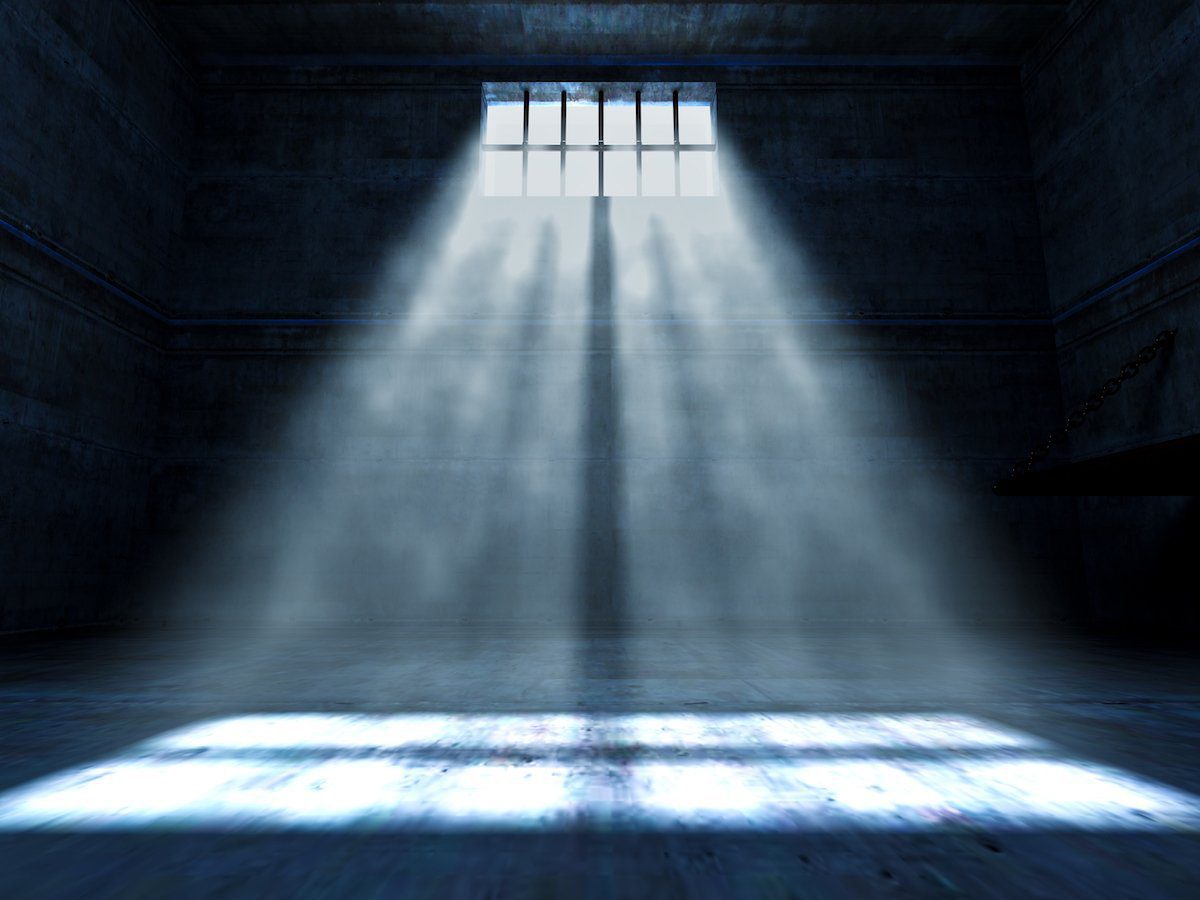Cases
CASE STATUS:
CLS ROLE:
STATE:
DECIDING COURT:
CASE DESCRIPTION:
For decades, the Religious Land Use and Institutionalized Persons Act (RLUIPA) has protected the religious freedom of inmates. It has enabled Jewish inmates to obey kosher diets, Catholics to access to important sacraments, and practitioners of many faiths to possess religious texts.
Lester Smith is a prisoner in Georgia who seeks a full beard in accordance with his religious beliefs. As a devout Muslim, Mr. Smith believes that an untrimmed beard is required by his faith. The Georgia Department of Corrections (GA DOC) says a full beard would be inconsistent with security needs, despite that fact that Georgia officials admitted they had not even considered the accommodation practices of the majority of jurisdictions that do permit untrimmed beards for religious reasons.
Mr. Smith filed a lawsuit in 2012 after his request to the GA DOC to grow a full-length beard – a request that most prison systems would allow – was denied. The Eleventh Circuit Court of Appeals ruled against Mr. Smith, claiming it was enough for the GA DOC to say that its prison system is more risk-averse than 39 other prison systems and that allowing beards creates some additional risk. This deference to prison officials on RLUIPA’s legal analysis contradicts the statute’s strict scrutiny requirement and ignores Holt v. Hobbs. Under Holt, prison officials must explain – with supporting evidence – why they cannot accommodate the sincere religious exercise of an inmate. This burden is especially demanding when most other prison systems safely provide the same accommodation.
Mr. Smith appealed to the U.S. Supreme Court, asking it to review his case. The Center filed an amicus brief in support Mr. Smith’s right to grow a full beard, arguing that the Eleventh Circuit erred in applying RLUIPA when it held that the GA DOC need not grant a religious accommodation offered in 39 other prison systems. The Center was instrumental in drafting and passing RLUIPA in the 90s.
On October 3, 2022, the Supreme Court declined to review the decision below in this case.














































